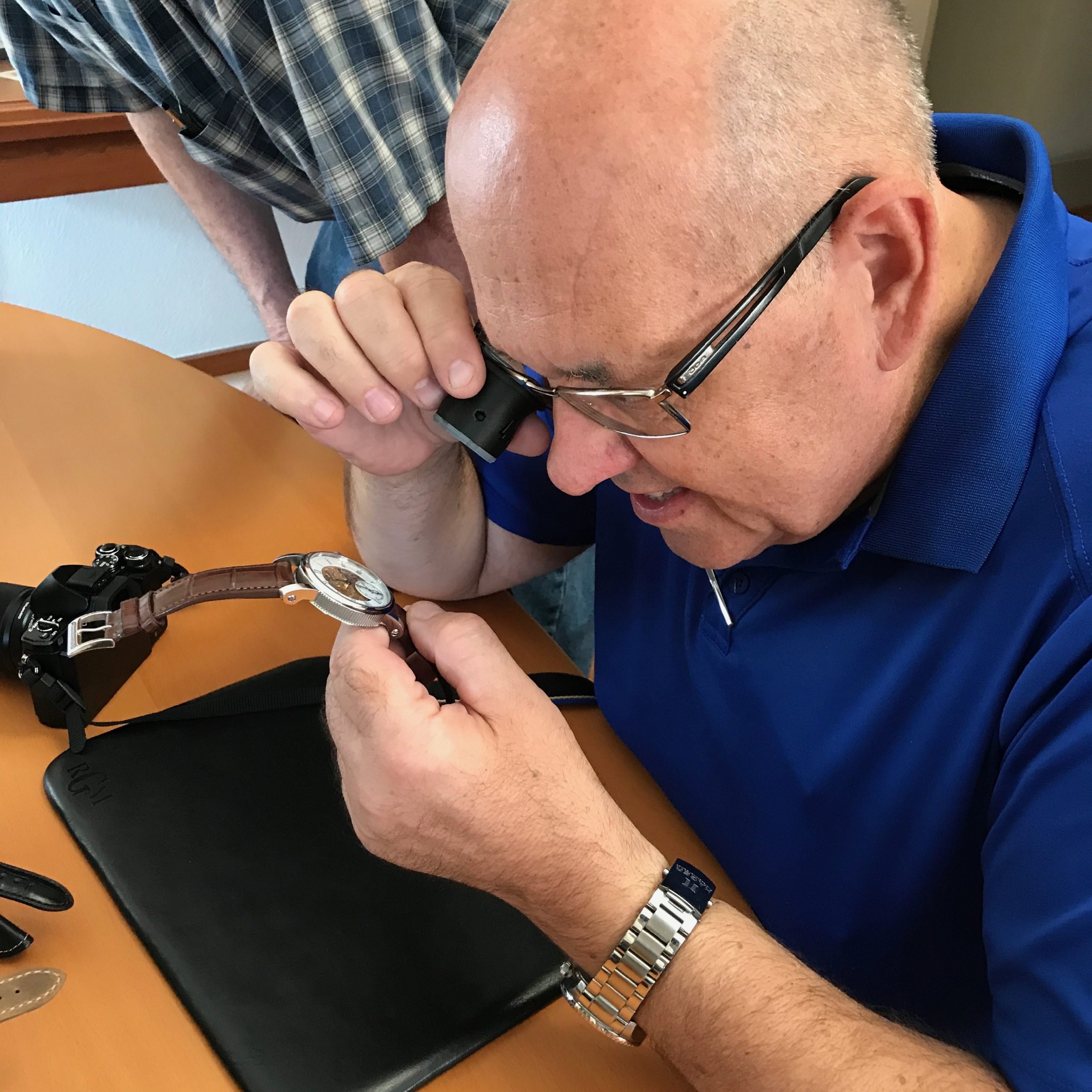
by John H. Grow (CAN)
It is very common, once people know that I’m an appraiser, for a list of questions to follow. The most common is, “I have this item, can you tell me what it is worth? I don’t need a 100% accurate price, an estimate will do.” My response is always the same. I cannot give any verbal opinion regarding the value of any item, unless I have done my research and created a work file.
This is because my errors and omission liability insurance forbids me from doing anything on a verbal basis; there must be a written report with a work file. This disappoints many people. They refer to some popular TV program, being under the false impression that all appraisers operate in the same manner.
When entrusted with items ranging from thousands to millions of dollars in value, professional standards require research, documentation, valuation methodology, comparable research, and a current work file. In addition, the professional appraiser must also maintain current educational requirements, USPAP compliance and qualification, and current membership in an appraisal society such as the International Society of Appraisers (ISA) or the American Society of Appraisers (ASA). Another aspect of a qualified appraiser is that he or she does not buy or sell in any capacity because that would be a conflict of interest.
Most Common Terms of Valuation
Fair market value:This is the price that would be paid when the property changed hands between a willing buyer and a willing seller, neither being under any compulsion to buy or to sell and both having reasonable knowledge of relevant facts. (In Canada, fair market value generally means the highest price, expressed in dollars, that a property would bring in an open and unrestricted market between a willing buyer and a willing seller who are both knowledgeable, informed, and prudent, and who are acting independently of each other.) In cases of divorce or an estate, we have to use Fair Market Value.
Auction value:This is the estimated gross amount, expressed in terms of dollars, that could be typically realized from a property advertised and conducted at a public auction. In this case, the seller is being compelled to sell with a sense of immediacy, on an as is/where is basis, and as of a specific date. Usually a range from a lower to high estimated value would be given. With the reason, the bid will start at the lower amount, and it should generate a sale within the range given. There are cases, where an item is in great demand, and the winning bid far exceeds the given range.
Valuation Explained
Replacement cost new:A professional written opinion of the cost, in dollars, to purchase a new item of like quality and specifications. If such an item is unavailable, the appraiser will use his or her best judgment in estimating a value as of the effective date of the appraisal, as long as there are comparable items researched. This is sometimes referred to as insurance replacement cost new.
Replacement cost used:A professional written opinion of the cost, in dollars, to purchase a used replacement item of like quality and specifications. It is important for appraisers to have similar items researched in their list of comparable items. This is sometimes referred to as insurance replacement cost used.
Salvage value:The estimated amount, in dollars, that may be expected for the whole property or a component of the whole property which is not working, has issues, may or may not be repairable. Some non working timepieces, have value as a source of much need parts to make another timepiece whole.
Scrap value:The estimated amount, in dollars, that may be expected for the whole property or a component of the whole property which is not working, has issues, is not repairable at the time of inspection, and contains a component that has value. An example of this would be a gold-case pocket watch with an unrepairable movement. The gold case would be sold at its scrap gold weight.
What Is Not an Acceptable Valuation
Many places advertise that they will do an appraisal and then pay the highest amount. This is not an appraisal but an offer to purchase. No matter who you ask for an opinion verbal or written on an item for an appraisal, qualifications of the appraiser becomes issue number 1.So, it is buyer and seller beware. It is important to perform your own due diligence on any of your treasures.


About the Author John H. Grow, ISA-AM, is a partner in the full-service appraisal firm of Prestige Evaluation Inc. The firm specializes in antique jewelry, jewelry antiquities, watches, clocks, fine art, and antiques in general. John works with clients worldwide and have been featured on radio and television shows as well as charity appraisal fairs. Prestige Evaluation Inc. can be found athttp://prestigeevaluations.com and Grow’s email is [email protected].












